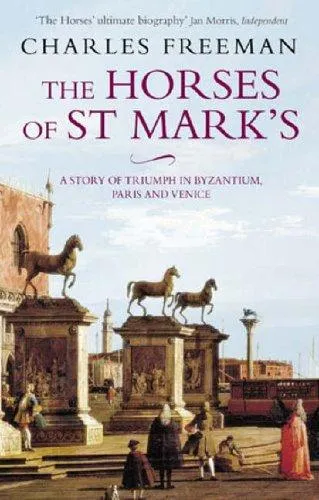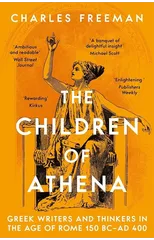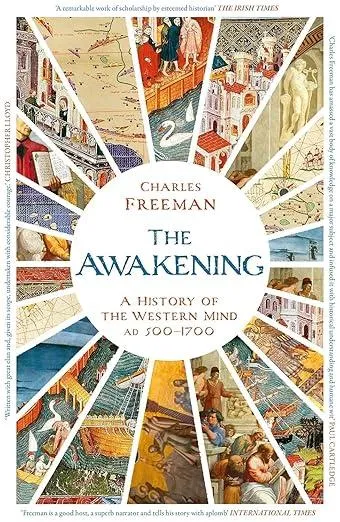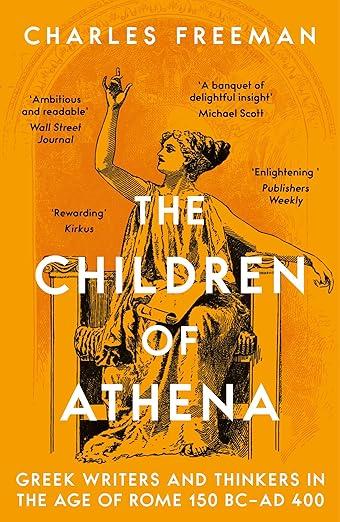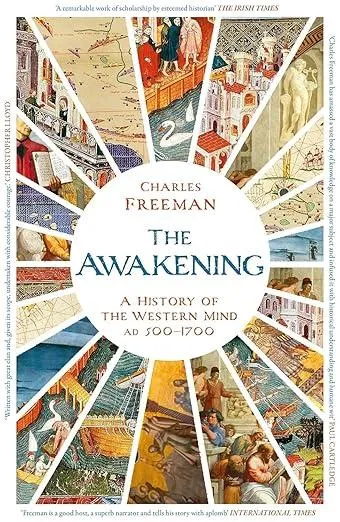The Horses Of St Marks
A Story of Triumph in Byzantium, Paris and Venice
(Author) Charles FreemanIn July 1798, a triumphant procession made its way through the streets of Paris. Echoing the parades of Roman emperors many years before, Napoleon Bonaparte was proudly displaying the spoils of his recent military adventures. There were animals - caged lions and dromedaries - as well as tropical plants such as banana and coconut trees. And among the works of art on show, one stood out: four horses of gilded metal, taken by Napoleon from their home in Venice. The Horses of St Mark's are among art's finest creations - and certainly one with a story like no other. For these are statues that have found themselves at the heart of European history time and time again: in Constantinople, at both its founding and sacking in the Fourth Crusade; in Venice, at both the height of its greatness and fall in 1797; in the Paris of Napoleon, and the revolutions of 1848; and back in Venice, the most romantic city in the world. Charles Freeman's remarkable new book is a fascinating account of both the statues and the societies through which they been displayed. As European society has developed from antiquity to the present day, so these four horses have stood and watched impassively. This is the story of their - and our - times.
Charles Freeman
Charles Freeman is a historian and author known for his works on ancient history, particularly focusing on the Roman Empire and the origins of Christianity. His most notable works include "The Closing of the Western Mind: The Rise of Faith and the Fall of Reason" and "A.D. 381: Heretics, Pagans, and the Dawn of the Monotheistic State." Freeman's writing style is characterized by meticulous research and engaging storytelling, making complex historical topics accessible to a wide audience. His contributions to literature include shedding new light on the intersection of religion, philosophy, and politics in ancient times. "The Closing of the Western Mind" is perhaps Freeman's most famous work, exploring the decline of classical learning and the rise of Christian orthodoxy in the early medieval period. Through his work, Freeman has had a significant impact on the understanding of ancient history and the development of Western civilization.
